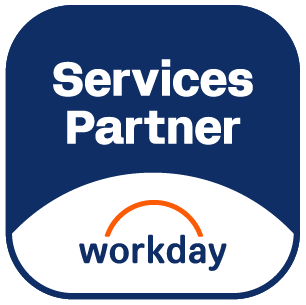Flexible Work is the New Economy

Gone are the days of the traditional and parochial style of functioning. Millennials who are undeniably the leaders of tomorrow are also what makes the economy today. Breaking the borders of workspaces, choosing fluidity and flexibility over being confined to workspaces, there’s been a macro shift in gears that’s accelerating the boom in the open talent economy. Organizations in India are noticing the new trends when it comes to talent investments, and it is encouraging businesses to go beyond the wall rather than sticking to inhouse creativity. The 9-5 environment and long-term employment now seems like a thing of the past. With a perpetual rise in autonomous culture, it only confirms that the open talent economy is the future of work.
What is an open talent economy?
Open talent economy is congealing the foundation of collaborative models that brings inhouse and outhouse talents together to boost productivity. It blends groups of long-term employees and short-term employees that include contractual employees or freelancers to add a more constructive perspective to ideas and strategies. It gives the employers leverage to choose the best out of a pool of creativity and talents that will benefit their businesses. Since competition is thriving, hiring the right talent and retaining them for the long-term is becoming difficult, however, shifting to an open talent economy will democratize the human resource capacity and enable them to tap into a novel caucus of talents.
How will employers benefit from this macro shift in talent investment?
In the current world of work, there’s no dearth of talent but standardized and structured functioning is limiting employers to inhouse talent and creativity when there are booming opportunities that can meet the ROI and demands of the businesses. Hence, elimination of the traditional style of working is on the rise with employers ready to give up their roles if it helps to bring in talents to boost productivity and growth. Open talent economy implicitly proposes an autonomous and flexible model that the millennials are comfortable working in. The employers are ready to explore new horizons, break the traditional norms and enter this millennial-driven and fast-paced economy to leverage their businesses. Shifting from times when cross-departmental talent sharing was frowned upon to opening walls to outhouse and crowd-sourcing of talents, the blended approach has been a win-win for both the employers and talents. Employers can benefit due to:
- No risk of high turnovers as the hired talent is either contractual or freelancing
- Less expenditure on talent investments
- A pool of skilled talents to scout from around the world
- The inflow of newer perspectives, strategies and problem-solving techniques
- High creativity, low mediocrity
- Releasing the inhouse talents from the burden of mundane tasks like filing reports, data entry, etc., which can be assigned to contractual workers
With the open talent economy slowly gaining momentum, shifting focus to this change is ideal for employers, who want to explore new skylines for their businesses. Firstly, adapting to the culture of borderless workspaces is necessary. Digitization is opening doors for the boundless working environment and letting people connect from anywhere in the world. So the 9-5 environment has to be eased out to tap into this new caucus of talents. A collaborative model is crucial to connect these talents and systemize how to administer these resources.
Since, we are only moving forward in the digital era, doing business the smarter way rather than the traditional way is the approach to look at. With no stress of training employees and high turnover risk and the benefit of choosing from various pools of talents around the world only means leverage for employers, especially for those looking at expansion or exploring new horizons.
Source:https://indiaemployerforum.org/2020/04/28/open-talent-economy-no-boundaries-is-the-new-way-of-doing-business/
